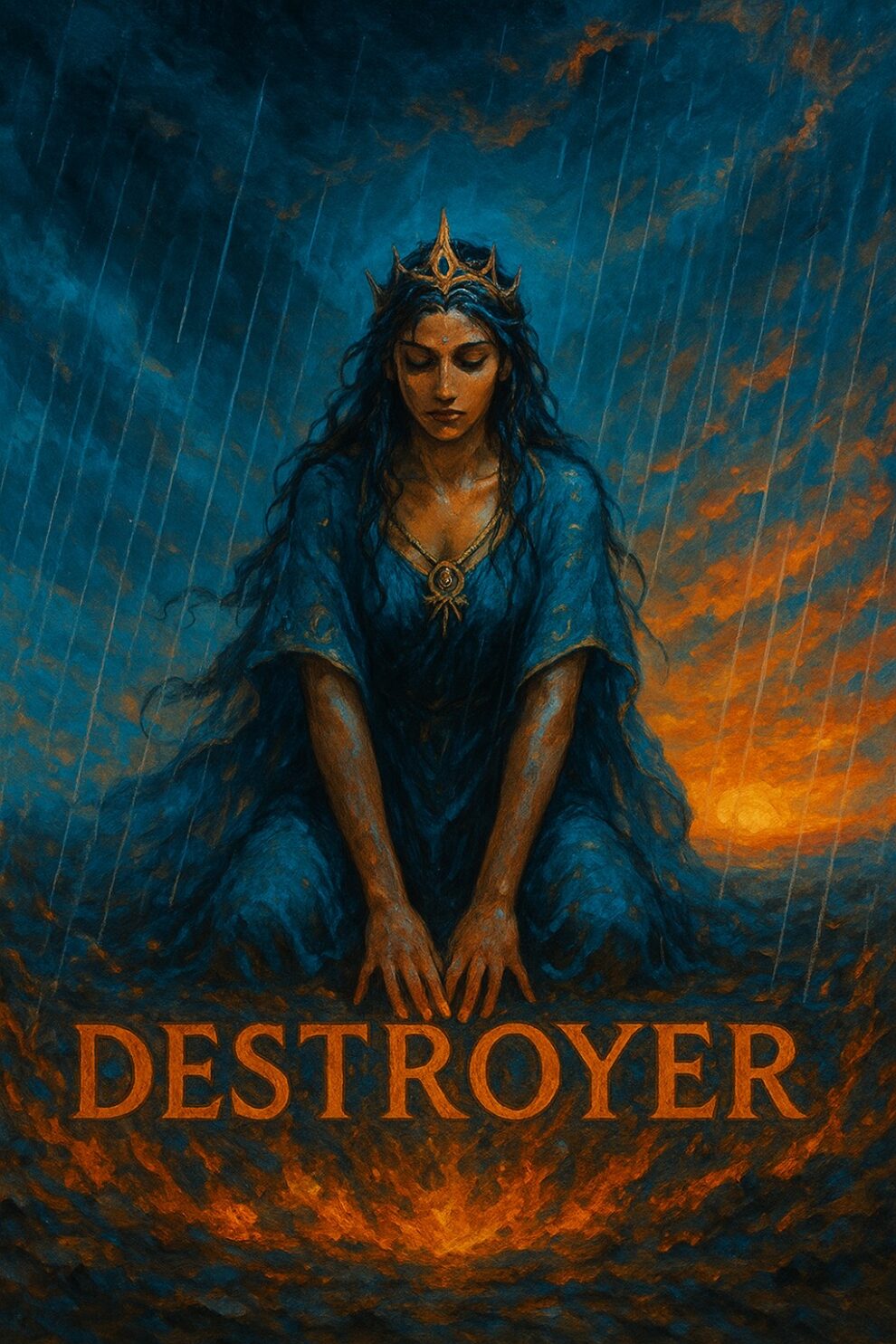There’s a quiet kind of grief that comes when friendships end—not with a bang, but with a slow fading silence. No big fight. No dramatic final word. Just space. Invitations left unanswered. Inside jokes that no longer land. Ghosts of what once felt like forever.
And sometimes, the loss isn’t tragic. Sometimes it feels… like relief.
Relief from the constant overthinking:
What did I say wrong? What did I do? Why doesn’t this person like me anymore?
At some point, it’s just… nice to stop sitting in that.
Nice to drop the self-interrogation.
Nice to finally say: Fuck it. Some people don’t like me.
And maybe instead of decoding them, I need to learn to like myself.
We grow. We change. We marry people with different views. We take different paths. And suddenly, the people who once clapped for our wins can’t stomach who we love, how we think, or where we’re going.
But other times, yeah—maybe there was a fight. Or a misstep. A misunderstanding. Something left unsaid or something said too harshly. And in those cases, we’re often left holding this heavy question:
Do I try to fix it? Do I say something?
We tell ourselves it’s noble to reach out. That making amends is always the right thing. But… is it?
Is that conversation truly for the other person? Or is it just for us—to soothe the ache of being misunderstood, to feel like we did the “mature” thing, to tie the bow neatly?
Because sometimes, reaching out doesn’t heal. Sometimes it reopens. Sometimes it makes it worse.
And sometimes, the kindest, most honest thing you can do is… let it die.
You can only be accountable for your side of the story. You can acknowledge where you fell short without needing them to say you’re forgiven. You can grow, quietly, without dragging someone back into the hurt just so you can feel better.
You can heal without a grand apology tour.
But that doesn’t mean healing is pretty.
Because what happens when you were the storm?
What happens when you were the destroyer?
We talk so much about healing from what’s been done to us. About forgiving ourselves for hating ourselves. About loving the broken pieces and learning to rise.
But what about the pain we caused?
What about the relationships we fractured with our own bitterness, our defensiveness, our inability to sit in someone else’s experience? What about the people who actually suffer because of us?
That’s not a wound that can be patched with self-acceptance alone.
There are moments when we realize: I was not the victim here. I was the harm.
And that realization doesn’t always come with clarity or a redemption arc. Sometimes it comes with silence. With isolation. With a recognition that we may never get to repair what was lost—and maybe we don’t deserve to.
It’s not about self-flagellation. It’s about responsibility.
And maybe, when we are no longer safe for others, the most loving thing we can do is not force connection—but retreat. Not disappear in shame, but choose to stop causing harm.
To sit with the wreckage. To look at it honestly. To become someone new—not for applause, but because it’s time.
So we go inward. We stop begging for belonging. We stop explaining ourselves into exhaustion. We stop apologizing just to be liked.
We sit with ourselves, as we are—storm, destroyer, survivor, student.
Maybe the goal isn’t to be seen as “good.”
Maybe the goal is to be real—and from that rawness, to become someone we trust.
And if, one day, someone meets you on the other side of that work and says,
“Hey. I’ve missed you.”
You’ll know what kind of friend you’re ready to be—and what kind of presence you’re no longer willing to be.
In kindness,
The Floral Goose





Add Comment